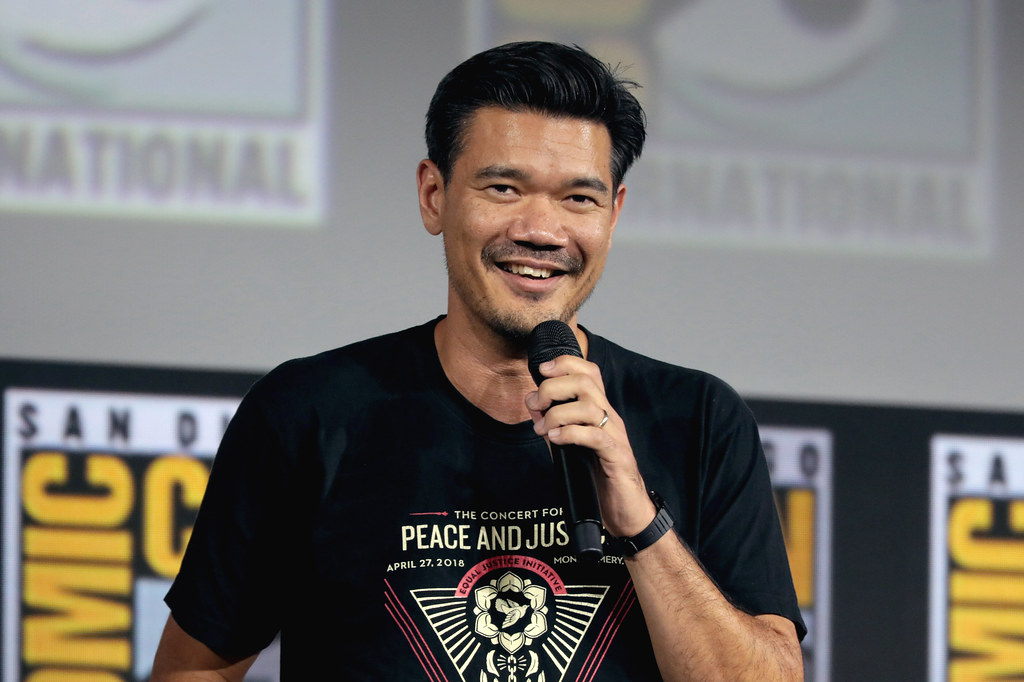
Released on Sept. 3, “Shang-Chi and the Legend of the Ten Rings” is the latest addition to the multi-ethnic superhero storyline within Marvel’s Cinematic Universe. Taking place in Macau, China, the film is directed by Destin Daniel Cretton, stars Simu Liu as Shang-Chi and features the hilarious Awkwafina as Katy. This marks the first character of Asian descent, aside from Doctor Strange’s assistant Wong and their Tibertan friends, to join the ever-growing Marvel roster.
Although the film has seen growing controversy about its superficial portrayal of Chinese culture, it is noble in its attempt to give proper homage to Chinese culture and showcase the country to a world-wide audience.
As seen with “Black Panther” in 2018, there is added pressure when expanding representation of minority groups in such a large franchise. It is important to understand that Disney is a global enterprise and although there may be economic interests involved in making this film — some argue it’s just another cash grab by Disney of Asian markets, similar to “Mulan” — it’s nonetheless a positive step towards seeing diverse representation on the big screen.
Aside from being a thoroughly enjoyable spectacle, Shang-Chi is not afraid to fuse traditional Chinese folklore and symbolism into the fabric of Marvel’s universe.
In a world of space-foraging aliens, sorcerers and dimension-hopping-time-travelers, Marvel’s crafted a place for the mythical land of Ta Lo, a place inhabited by Chinese dragons, giant guard lions and DiJiangs, the cute but faceless flying creatures. Some of these elements are not minimal in their powers and could easily spill over in bigger crossovers and future Earth-saving battles. Ta Lo, for example, ties nicely with the multi-dimensional story arch that Marvel is currently developing.
The film’s not afraid to subtly introduce commentary on the relationships of Chinese people living in the United States and China. Both Shang-Chi and Katy’s story arcs evolve from the societal pressure that more elderly and traditional Chinese members of the family impose onto their children, often referred to as “tiger parenting.”
If this film has anything to say about Chinese-Americans in general, it’s that they have been part of the American ethos for a while and their influence and importance in the current American culture is not to be overlooked. Shang Chi’s relevance to the Marvel Cinematic Universe could be compared to China’s influence throughout the world, one that is important and deserves respect.
Looking ahead, future Shang-Chi films have the opportunity to deepen blind spots that this film has in terms of representing culture. For example, Chinese audiences were troubled by the awkwardness of the name Shang-Chi for appearing made-up. But to bring down something that is trying to do good, out of the desire for perfection, would be a mistake; perfection is attained over time.
“Shang-Chi” is here for the long run and we are all excited for what is to come.
“Shang-Chi” can be viewed in a theater near you.
Featured image “Destin Daniel Cretton” by Gage Skidmore is licensed under CC BY-SA 2.0
"heavy" - Google News
September 18, 2021 at 10:34AM
https://ift.tt/3lEvcEM
The heavy burden of being first: Marvel's Shang-Chi - The Miami Hurricane
"heavy" - Google News
https://ift.tt/35FbxvS
https://ift.tt/3c3RoCk
heavy
Bagikan Berita Ini
















0 Response to "The heavy burden of being first: Marvel's Shang-Chi - The Miami Hurricane"
Post a Comment